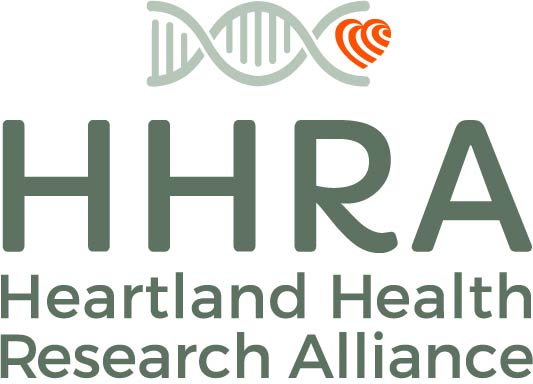Reproductive Impacts

Many doctors — and families — worry that it seems to be getting harder for women to get pregnant and carry a healthy child to term. And more and more children are plagued by combinations of ailments including food allergies, asthma, overweight and diabetes, ADHD, and autism.
Parents, doctors, teachers wonder “What is happening to our children?”
Relatively new, cutting-edge science points to one possible cause not on the radar screen of most doctors or public health officials — rising pesticide exposure. In particular, out-of-control herbicide use. Across the Heartland the pounds of herbicides applied to 180 million acres of cropland has doubled in little over a decade.
The majority of rising use is accounted for by just two herbicides — dicamba and 2,4-D. Both are known to cause reproductive problems, birth defects, and cancer. Further increases in the intensity of herbicide use are inevitable as farmers try to spray their way out of a corner created in the first place by excessive reliance on herbicides, and especially Roundup (glyphosate).
Are changes in herbicide use and exposures triggering more frequent, and/or more serious reproductive problems, birth defects, and developmental problems? Will failing weed management systems reduce the average IQ of millions of babies born in the Midwest over the next decade?
The Heartland Study is designed to find answers to these troubling questions. Our hospital-based study will determine whether women more heavily exposed to herbicides are more, less, or equally likely to give birth to babies with birth defects or developmental problems.
